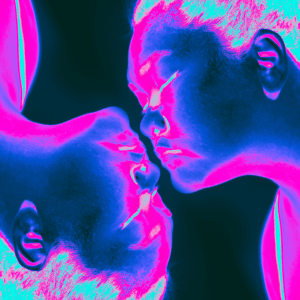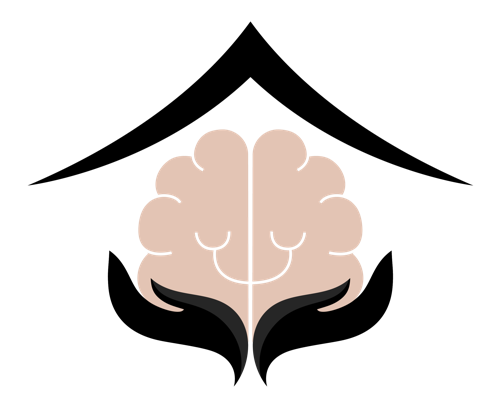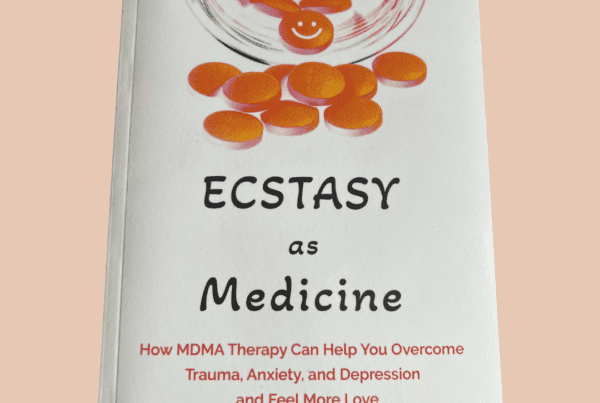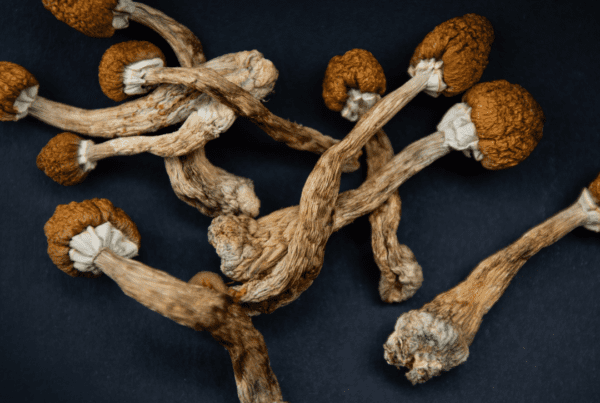
Dimethyltryptamine, more commonly known as DMT, has gained considerable attention in both the scientific community and popular media for its profound psychedelic properties and potential therapeutic benefits. We are going to explore DMT in-depth and discuss its nature, psychedelic effects, possible mental health benefits, legal status, and notable research studies.
What is DMT?
DMT is a powerful psychedelic compound found in various plants and animals, including humans. It’s structurally similar to serotonin, a key neurotransmitter, and is known for its rapid onset and short duration of psychedelic effects.
Psychedelic Properties of DMT
When consumed, DMT induces intense psychedelic experiences, often described as life-changing. Users report vivid visual and auditory hallucinations, altered perception of time, and profound shifts in consciousness. These effects are typically short-lived, lasting about 30 minutes when smoked or vaporized.
Breakthrough Experiences
A standout feature of DMT is the so-called “breakthrough” experience, where users describe encounters with otherworldly realms or entities. These experiences are often interpreted as deeply spiritual or insightful.
Potential Mental Health Benefits
Emerging research suggests that DMT could have significant therapeutic effects, particularly in mental health:
- Treatment for Depression and Anxiety: Early studies indicate that DMT might help alleviate symptoms of depression and anxiety, possibly by resetting certain neural pathways.
- PTSD Therapy: DMT’s ability to create profound emotional and psychological experiences may be beneficial in treating PTSD, helping patients process traumatic memories in a therapeutic setting.
- Substance Abuse Treatment: There’s growing interest in using DMT to treat addiction, with some research suggesting it could reduce cravings and withdrawal symptoms.
Legal Status of DMT
DMT is classified as a Schedule I controlled substance in the United States and in many other countries, meaning it’s illegal to manufacture, buy, possess, or distribute. This classification is due to its potent psychoactive effects and potential for abuse. However, certain indigenous groups are permitted to use DMT for religious ceremonies under specific legal protections.
Notable Research Studies on DMT
- Imperial College London Study: A groundbreaking study found that DMT could induce experiences similar to near-death experiences, providing insights into consciousness and the dying process.
- Brazilian Ayahuasca Research: Studies on Ayahuasca, a traditional South American brew containing DMT, showed promising results in treating depression and anxiety.
- Johns Hopkins University Study: Research here indicated potential benefits of psychedelics, including DMT, in treating various mental health conditions, leading to calls for reevaluation of their legal status.
Conclusion: A Promising Yet Complex Psychedelic
DMT stands out in the psychedelic landscape for its powerful effects and potential therapeutic benefits. While current legal restrictions limit its use, ongoing research continues to uncover its possibilities in mental health treatment. As our understanding of DMT grows, it may one day change how we approach the treatment of complex mental health conditions.
—
Disclaimer: This content is for informational purposes only and should not be taken as medical or legal advice. Always consult with a healthcare professional and legal expert for guidance.



